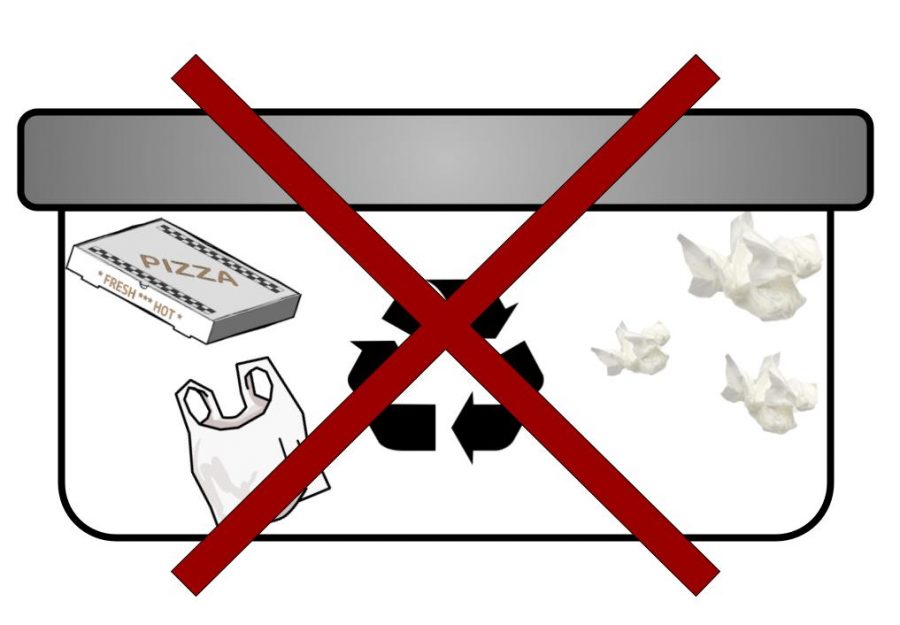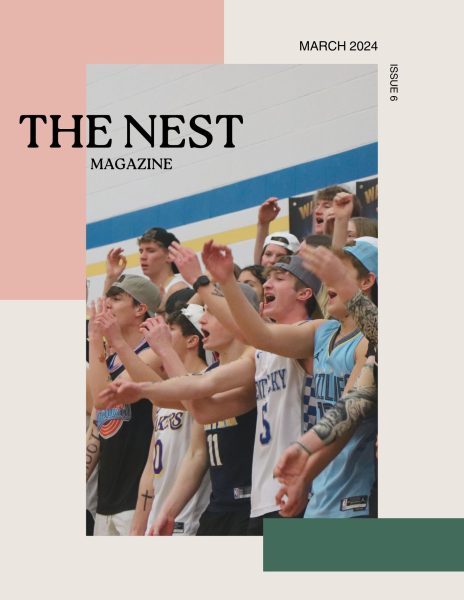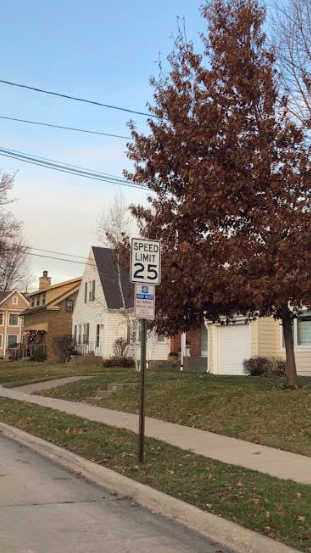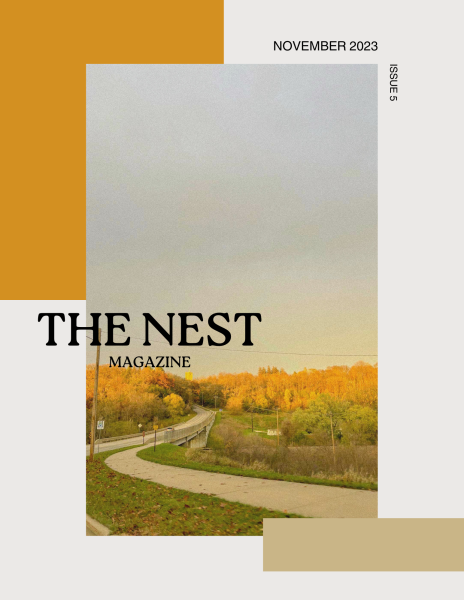Real talk on recycling
Students were flabbergasted to discover that Wahlert has not been recycling recently (see Caroline Slaght’s story on the logistics of recycling at Wahlert). These problems mainly stem from maintenance understaffing and student ignorance of recycling rules. So, what is the next step towards fixing this environmental issue?
Student activist clubs including LEAP (Leaders of Environmental Action and Protection) and the Social Justice Club have taken on the issue. First, the clubs are partnering to conduct a waste audit with the local company. In this process, the clubs will request that maintenance leave the garbage next to the bins so that the students can sort the trash into recycling, compost, and trash. From there, they will be able to weigh the different groups to see the amount of recyclable materials being tossed into the trash.
The clubs will then discuss their plan to recycle with the head of the maintenance staff. Initially, LEAP and the Social Justice Club will most likely take on the responsibility of sorting the trash. Then, depending on student interest, the job may be handed off to a new recycling club or mentor groups.
In order to successfully recycle at Wahlert, students must first understand the basics of recycling. The Des Moines Register reported that in 2017, “Iowans dumped $60.3 million worth of recyclable materials into the state’s landfills.” Therefore, it is very important to understand what can and can not be recycled.
Waste Management (WM) explains myths that often get in the way of successfully helping the environment.
Considering the number of students that consume Bubbl’r each day, it is important that the plethora of cans are properly disposed of. According to WM, unwashed jars and food containers will not be recycled; however, they do not need to be cleaned spotless. If a container such as a Bubbl’r is not washed, the fruity residue could contaminate other materials. All it takes is a quick rinse.
Additionally, tissues and paper towels are often tossed in the recycling bin. These are both not acceptable items to be recycled because the fibers are not sufficient enough to be made into new products.
As both LEAP and the Social Justice Club have begun to conquer the issue of recycling at Wahlert, it is important to be educated on how to properly recycle. Students placing the wrong items in the recycling bins is a large part of the problem, so we encourage students to do their part.
If you are interested in helping the clubs solve this problem, contact Ms. Korrin Schriver, LEAP Club moderator.

Jamie Vondra is a senior at Wahlert and an editor on The Gleaner. Vondra is involved in volleyball, bowling, and golf at Wahlert. Jamie enjoys creating...







Nikunj • Mar 23, 2022 at 6:38 am
Recycling has become a hot topic, and more people are starting to recycle, but it’s still not enough. Read more:https://www.sequoia-global.com/waste-fuel-recycling/